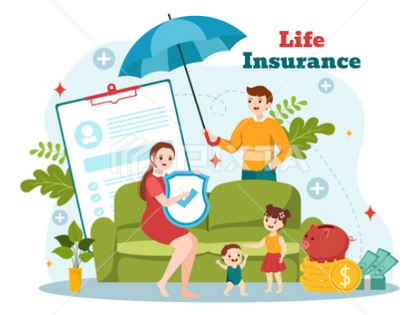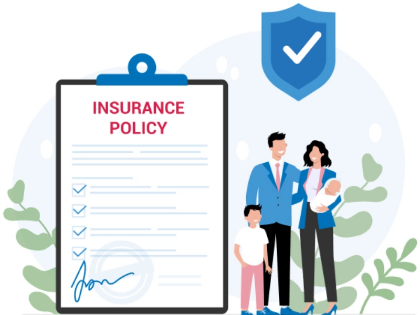One widespread misconception, for instance, is that driving a red automobile can increase your auto insurance premium. This is untrue—the colour of a car has no bearing on insurance prices.
Universally applicable business insurance

The insurance industry is frequently misunderstood, and misconceptions about it can have expensive repercussions. In order to make educated judgements about their coverage, individuals might benefit from the assistance of insurance brokers in sorting fact from fiction. For instance, you might be able to add a rider to your BOP that allows for further customisation if your company has certain risk management requirements. In the end, insurance is about safeguarding both your financial security and the security of your loved ones.
Insurance against deliberate harm or property damage

There is a common misconception that willful harm or damage is not covered by insurance. This notion stems from two main ideas: public policy, which is said to oppose insurance coverage for willful damage or harm, and the doctrine of fortuity, which maintains that insurance should only cover losses that happen by accident.
"Expected or intended injury" exclusions are commonly included in general liability (CGL) insurance, and purposeful acts may also be excluded from coverage under certain state statutes. However, depending on the specifics of a certain claim and the peculiarities of the policy wording, the interpretation of these rules can vary significantly.
Liability insurance policies usually cover intentional damages like libel and slander. Furthermore, the majority of auto insurance policies cover property damage to third parties that you purposefully cause by your careless actions. Furthermore, a lot of personal umbrella and homeowner's insurance policies cover deliberate damage to other people's property. This is so because the coverage offered by these policies is meant to go above and beyond what is normally covered by a typical home or auto insurance policy.
Provisions pertaining to suicide

The majority of life insurance plans have suicide clauses, which assist insurers in risk management and the avoidance of false claims. Although these provisions can appear severe, their purpose is to safeguard policyholders by preventing them from taking their own lives and collecting a substantial payment from their insurance provider.
Suicide exclusion periods impose restrictions on death payments for suicidal deaths and usually last for two years after the effective date of a new life insurance policy. But when this time has passed, beneficiaries ought to be eligible to get their death benefits—as long as no other policy provisions were broken.
Before acquiring life insurance, it's critical to comprehend the coverage and get expert guidance. Insurance companies look into claims for death benefits and have broad discretion to reject a claim if the deceased committed fraud, provided false information on the application, or took their own life. If the policyholder provided accurate information on their life insurance application, the death payments are typically paid out without any problems.
Insurance rates are influenced by credit score.

You can obtain better mortgage rates, a personal loan with a cheaper interest rate, and a great deal on a new car with the aid of a high credit score. You may even be able to reduce your car insurance costs. But a lot of individuals don't know that their credit score affects how much their home and auto insurance costs.
Each application is given an insurance score by the insurance company based on a distinct credit scoring algorithm. This score considers a number of factors, such as payment history, outstanding debt, length of credit history, pursuit of new credit, and credit mix. It is distinct from the credit scores used by lenders, such as banks.
In order to cover their prospective claims, insurance firms usually charge applicants with bad credit a higher premium since they see them as being at higher risk. Thankfully, you can reduce your insurance premiums by not taking on excessive debt and paying your expenses on schedule. Your rates for homeowners' and vehicle insurance might drop by as much as 88% as a result.
Recommended Reading: Occupational Injury: Recognising Your Rights to Compensation and Legal Options
























Feels like a lever concept.
Balanced assertiveness tone.